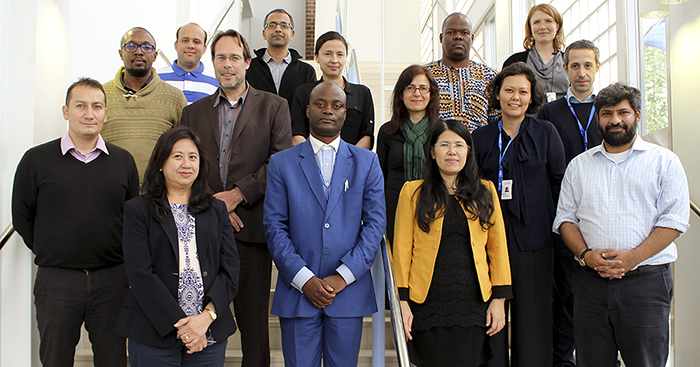
Rachel M. Gisselquist is Professor in Governance and Development, and Director of the Governance and Social Development Resource Centre (GSDRC), at the University of Birmingham (UoB), UK.Prior to joining UoB in September 2024, she was a Senior...
The project workshop brings together researchers collaborating within the ‘Group-based inequalities: Patterns and trends within and across countries’ project to present and discuss their work-in-progress on 16-17 June in Helsinki.
The research in this project focuses on addressing the measurement of horizontal inequalities among ethnic, racial, religious, and communal groups within and across countries on the national level, as well as sub-nationally and over time. Geographically, the research focuses in a set of developing countries in Sub-Saharan Africa, Latin America, Middle East and North Africa.
The ‘Group-based inequalities: Patterns and trends within and across countries’ is a component of a wider ‘The politics of group-based inequalities – measurement, implications, and possibilities for change’ project that aims to shed new light on the extent to which inequalities run along ethnic, gender, and other communal lines, as well as understanding the determinants of these group-based inequalities, including the potential for change. The project provides a forum for early and senior researchers from all over the world to interact on these issues.
